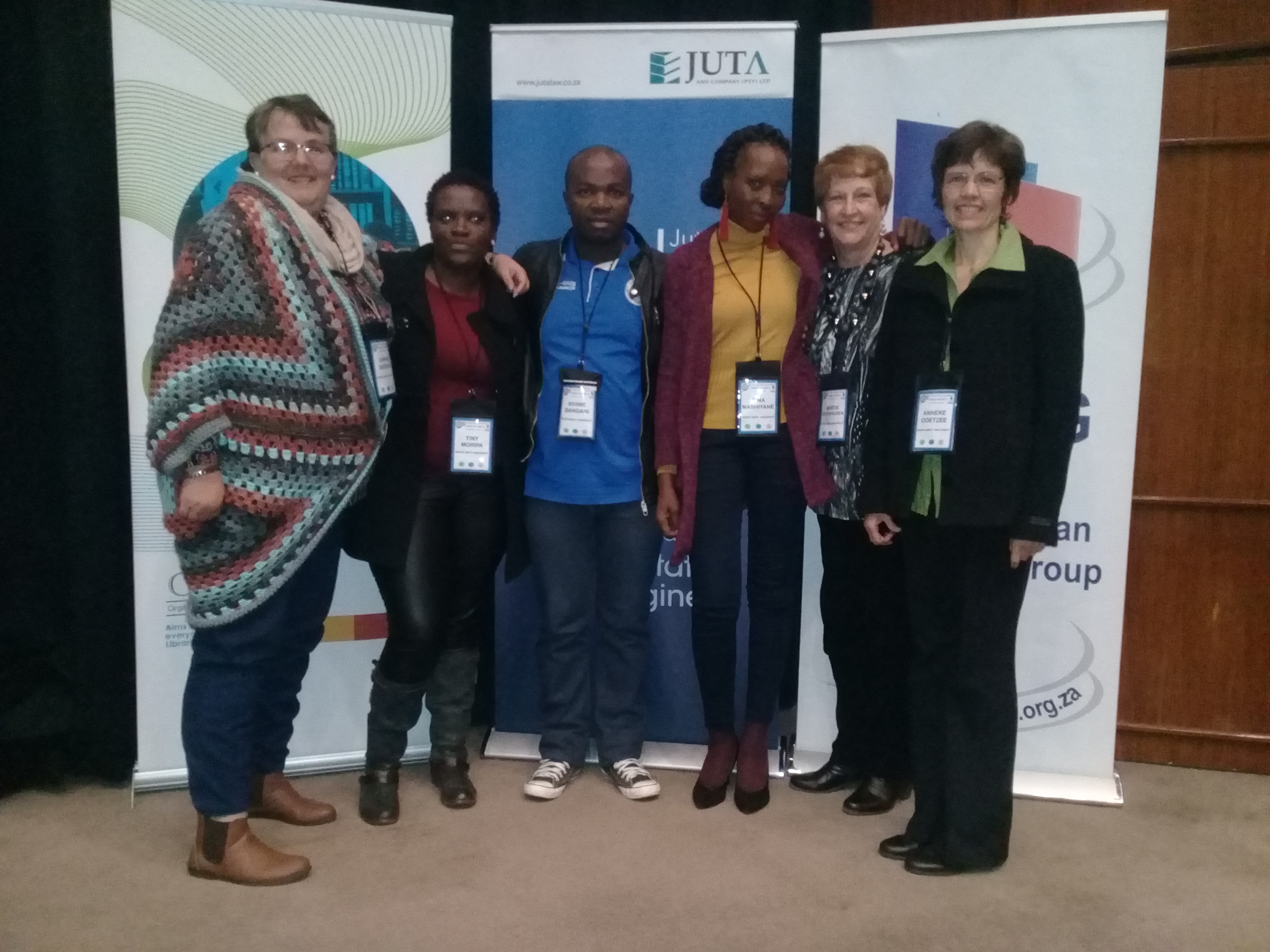Insights from SCECSAL XXVI 2024
The SCECSAL (Standing Conference of Eastern, Central, and Southern African Library and Information Associations) Conference, held in Mombasa, Kenya from 22-26 April 2024 celebrated its 50th anniversary and focused on reimagining information products and services for the digital era. Over 200 delegates from various countries attended, discussing topics ranging from copyright laws to library services improvement and Sustainable Development Goals. Presentations emphasised collaboration, mentorship, and the adoption of technologies like artificial intelligence and bibliometric analytics. Key highlights included honouring former leaders, fostering networking opportunities, and planning future collaborations. Additionally, updates on universities and cultural events within the SCECSAL community were shared, with Zambia announced as the host for the 2026 conference.
Mr. Maropene Ramabina, NWU LIS Manager at Vanderbijlpark Campus, presented his paper “The awareness of copyright laws in academic libraries” on April 23rd, coinciding with the International World Book and Copyright Day. Mr Ramabina remarks as follows: “The presentation that caught my attention was on the improvement of library services. Library users are now our friends, colleagues, and partners in business thus librarians should mingle with their users in their spaces/offices“.
He also emphasized the importance of librarians sharing workspaces to facilitate resource sharing. Sitting together at one table fosters interaction, breaking down barriers between staff and users, and promoting inclusivity and community within the library. He also highlighted the integration of institutional repository collections with internal databases for easy accessibility. Furthermore, he noted that delegates from the conference alluded to using the NWU LIS social media platforms for benchmarking purposes, based on the content shared. “It was surprising how colleagues, especially from East Africa are familiar with our universities in South Africa through social media“, he remarked.
Improvement of library services
One compelling presentation at the conference highlighted the evolution of library services, emphasizing the shift towards treating library users as partners rather than mere patrons. The speaker stressed the importance of librarians engaging with users in their spaces, breaking down barriers and fostering inclusivity. Colleagues shared innovative practices, such as integrating institutional repositories with internal databases and leveraging social media for benchmarking and visibility.
Another topic of discussion was the “no noise, no food” policies in libraries, prompting a call for revisiting these rules in light of changing service dynamics and the predominance of electronic resources. The need for librarians to adapt and embrace change was underscored, with examples of libraries embracing new policies allowing food and drinks.
The conference also provided ample networking opportunities, leading to potential collaborations among attendees from diverse institutions and countries. Discussions ranged from joint article publications to exploring possibilities for institutional attachments, pending approval from senior leadership.
Furthermore, the concept of embedded librarianship, or “barefoot librarians,” was explored, with examples of its implementation at various institutions. This approach involves librarians actively integrating themselves within academic faculties, with some institutions even assigning personal librarians to specific lecturers or programmes, showcasing the ongoing evolution of this concept.
SCECSAL General Information:
- 25 countries make up SCECSAL, however, only 15 are active in the association.
- The SCECSAL 2024 cultural night was attended by the CEO of Kenya Heroes Council, the MEC of Education in Kenya, Member of Parliament from Zambia.
- Zambia won the best award for the best cultural presentation during the event.
- Zambia to host the SCECSAL Conference at Livingstone, Zambia in 2026
- eSwatini to host the SCECSAL Conference in 2028




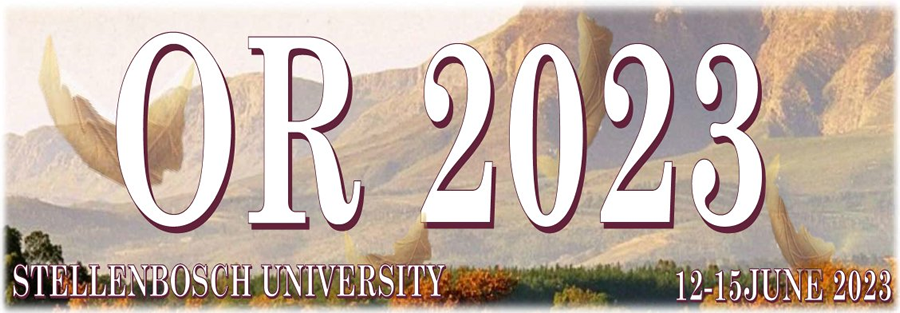





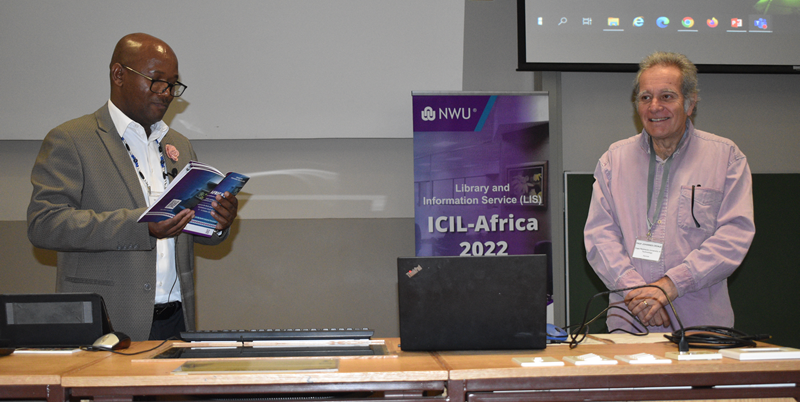

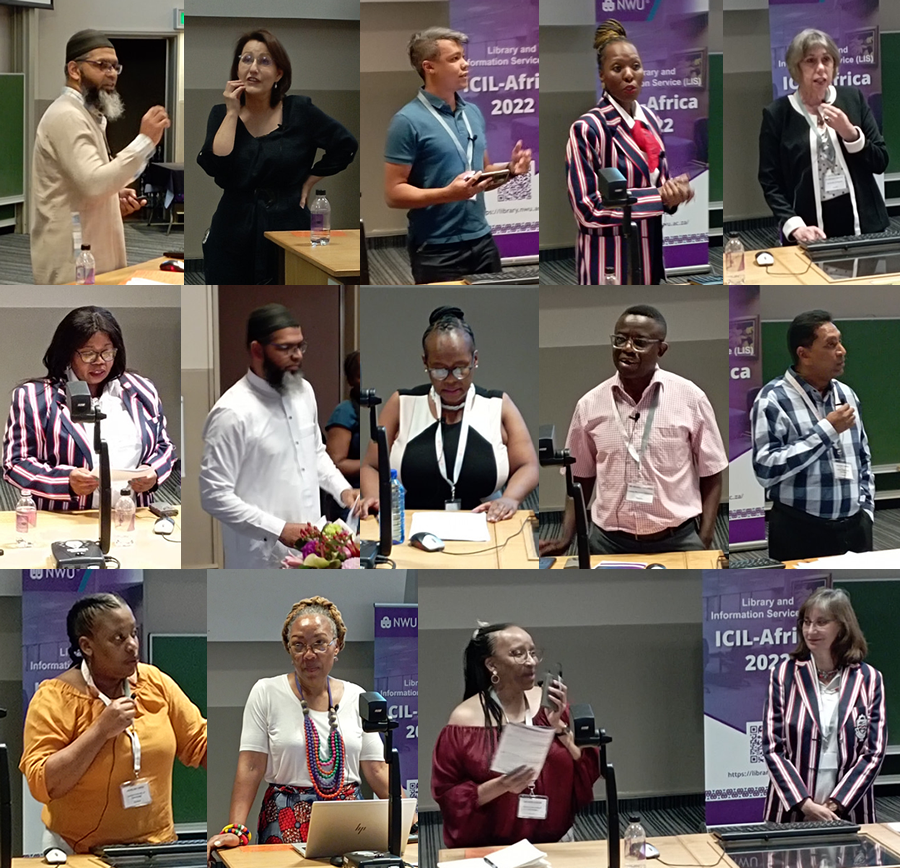
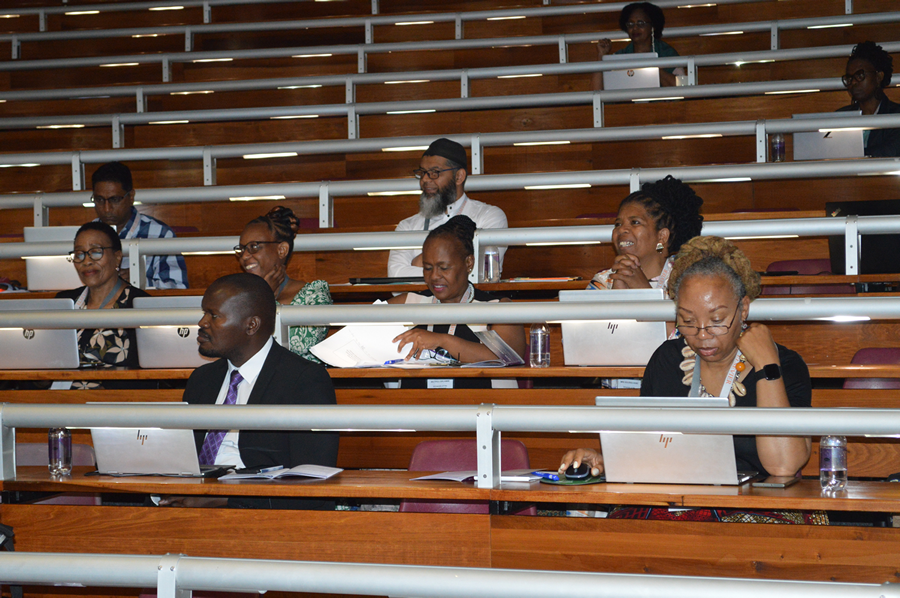



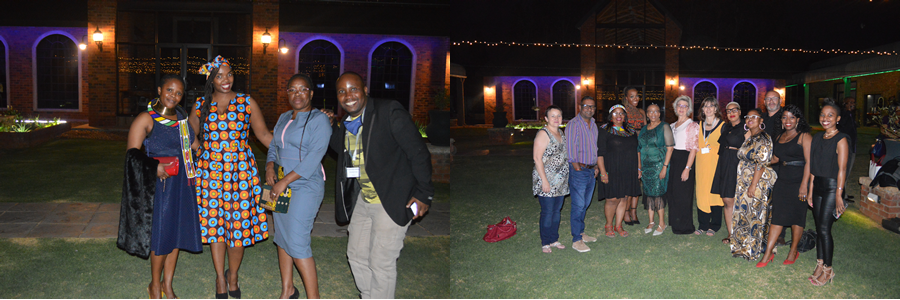




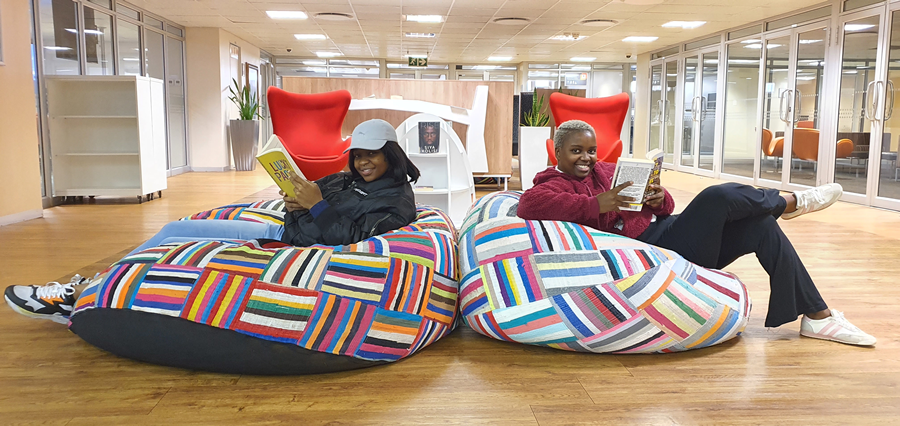


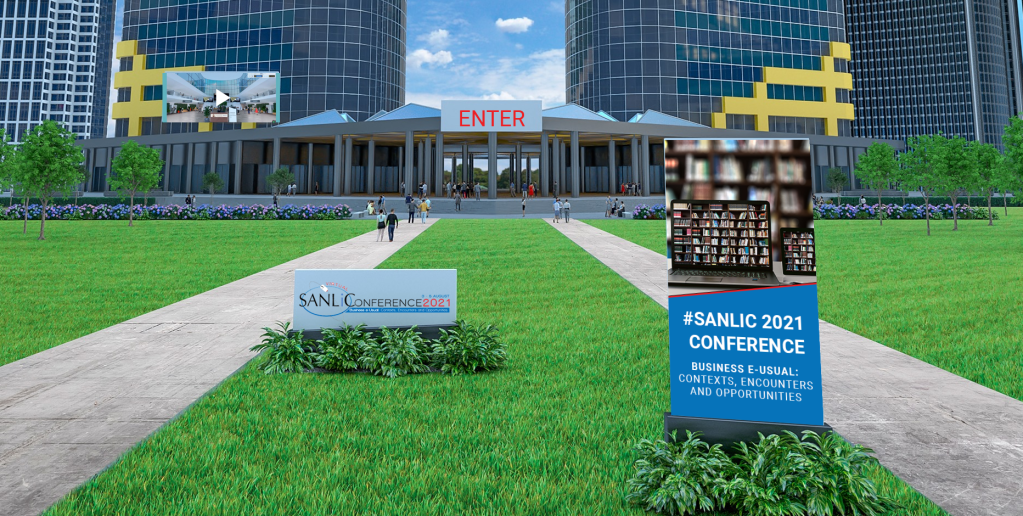

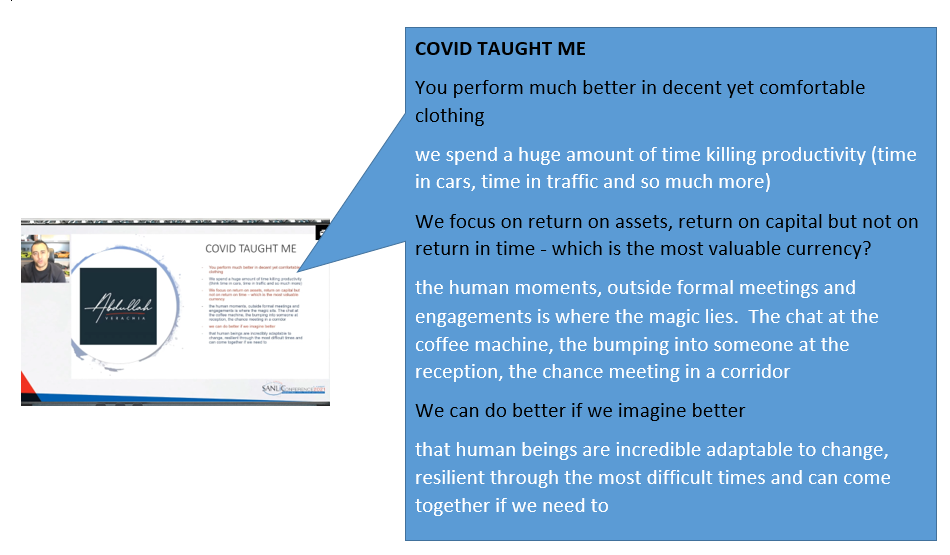

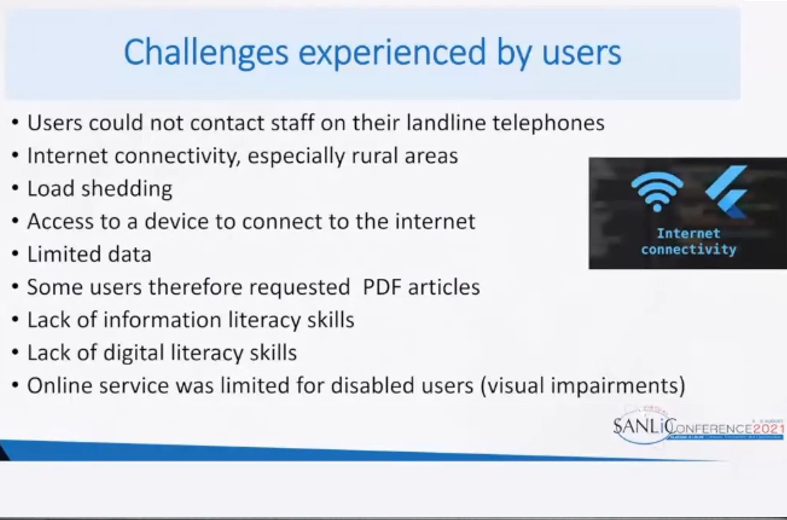
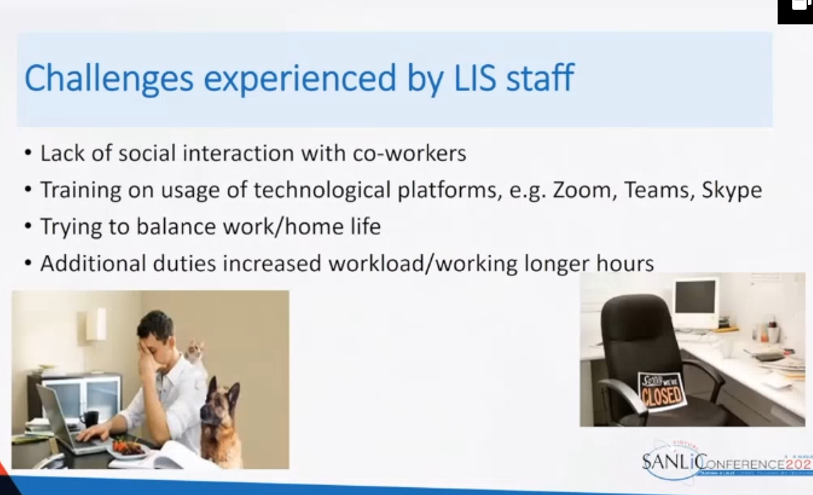





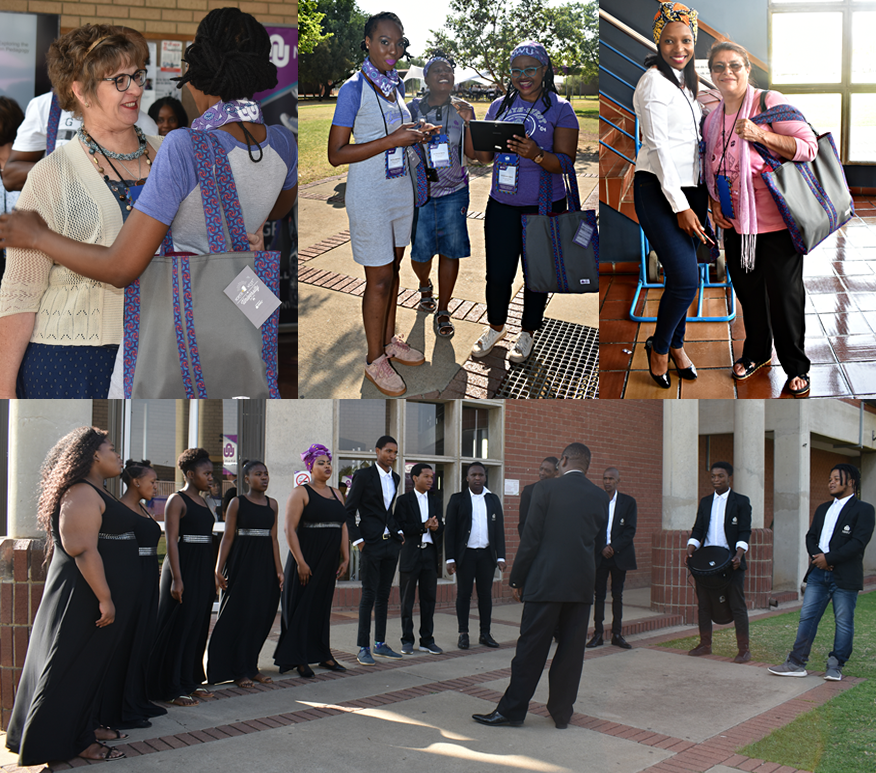
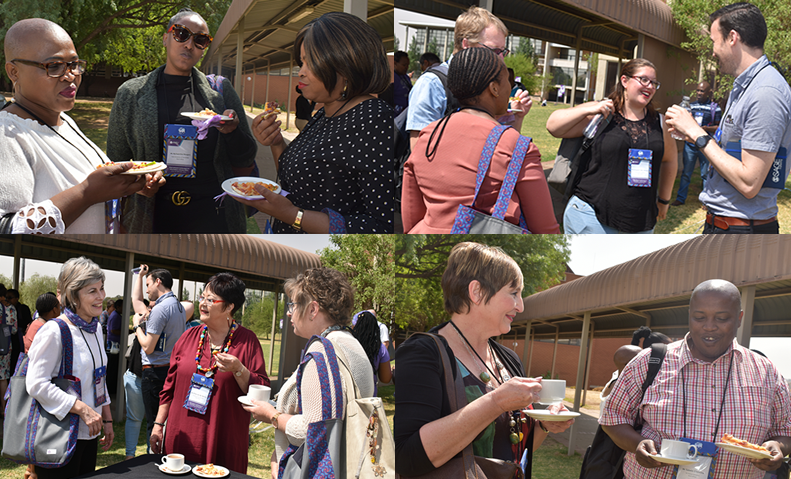
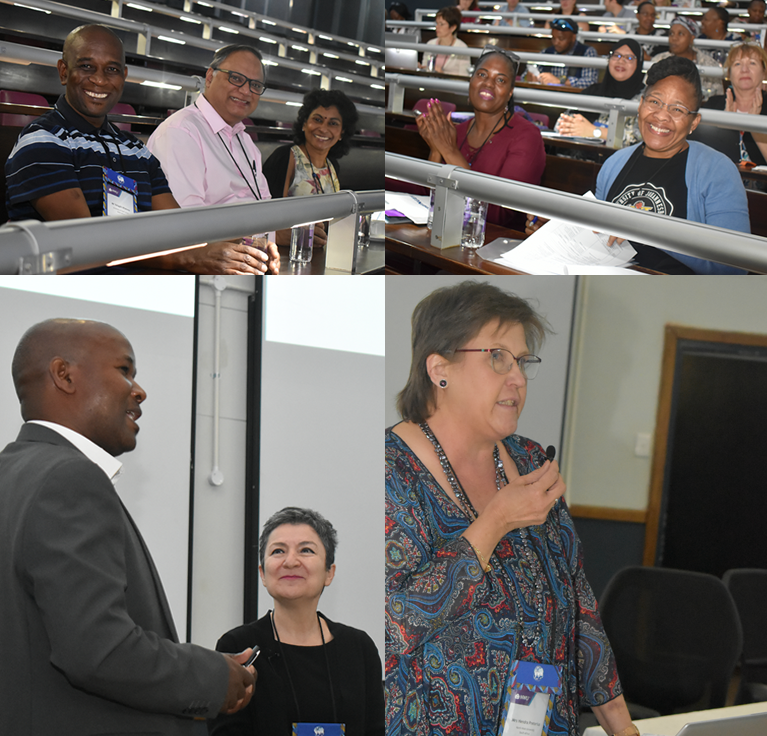
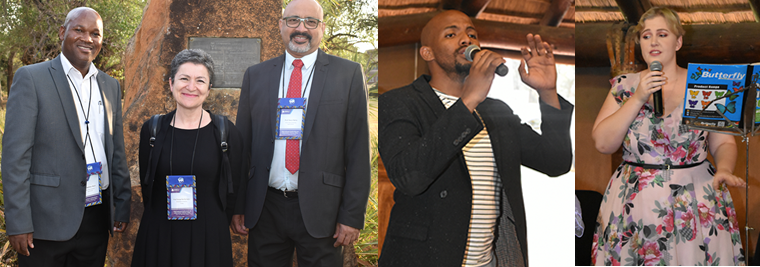
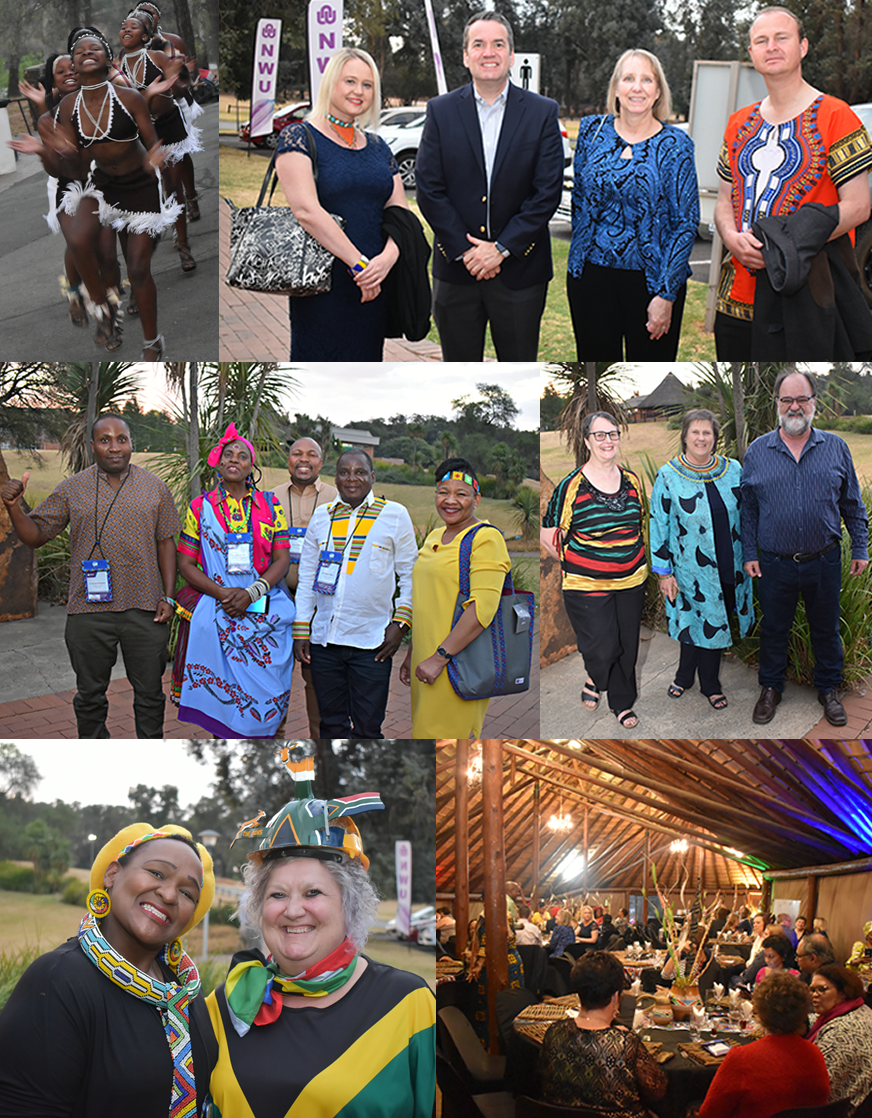

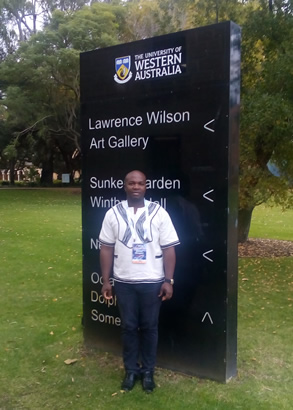 Report by Siviwe Bangani, Manager Information Services (Mahikeng)
Report by Siviwe Bangani, Manager Information Services (Mahikeng)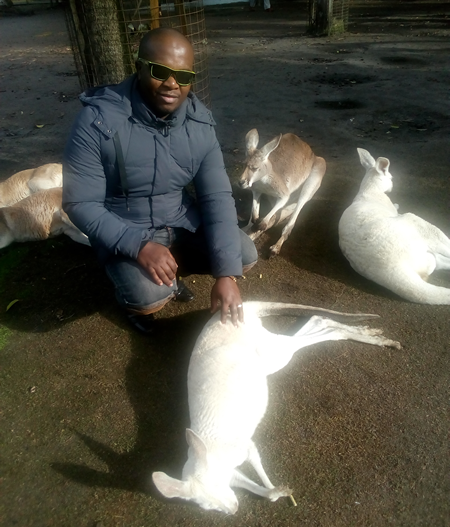 On Wednesday, 26 June 2019, we went to a study tour around Perth. I selected a study tour that involved Australian wildlife, indigenous art and bush braai. For the first time in my life I tasted kangaroo meat. We were also able to take some pictures with Australian wildlife.
On Wednesday, 26 June 2019, we went to a study tour around Perth. I selected a study tour that involved Australian wildlife, indigenous art and bush braai. For the first time in my life I tasted kangaroo meat. We were also able to take some pictures with Australian wildlife.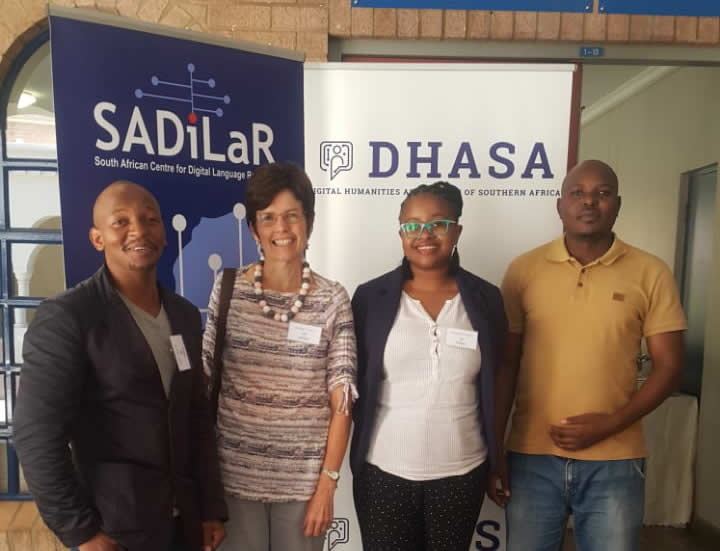
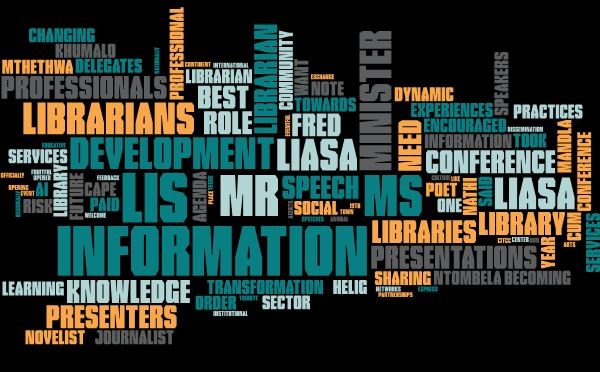
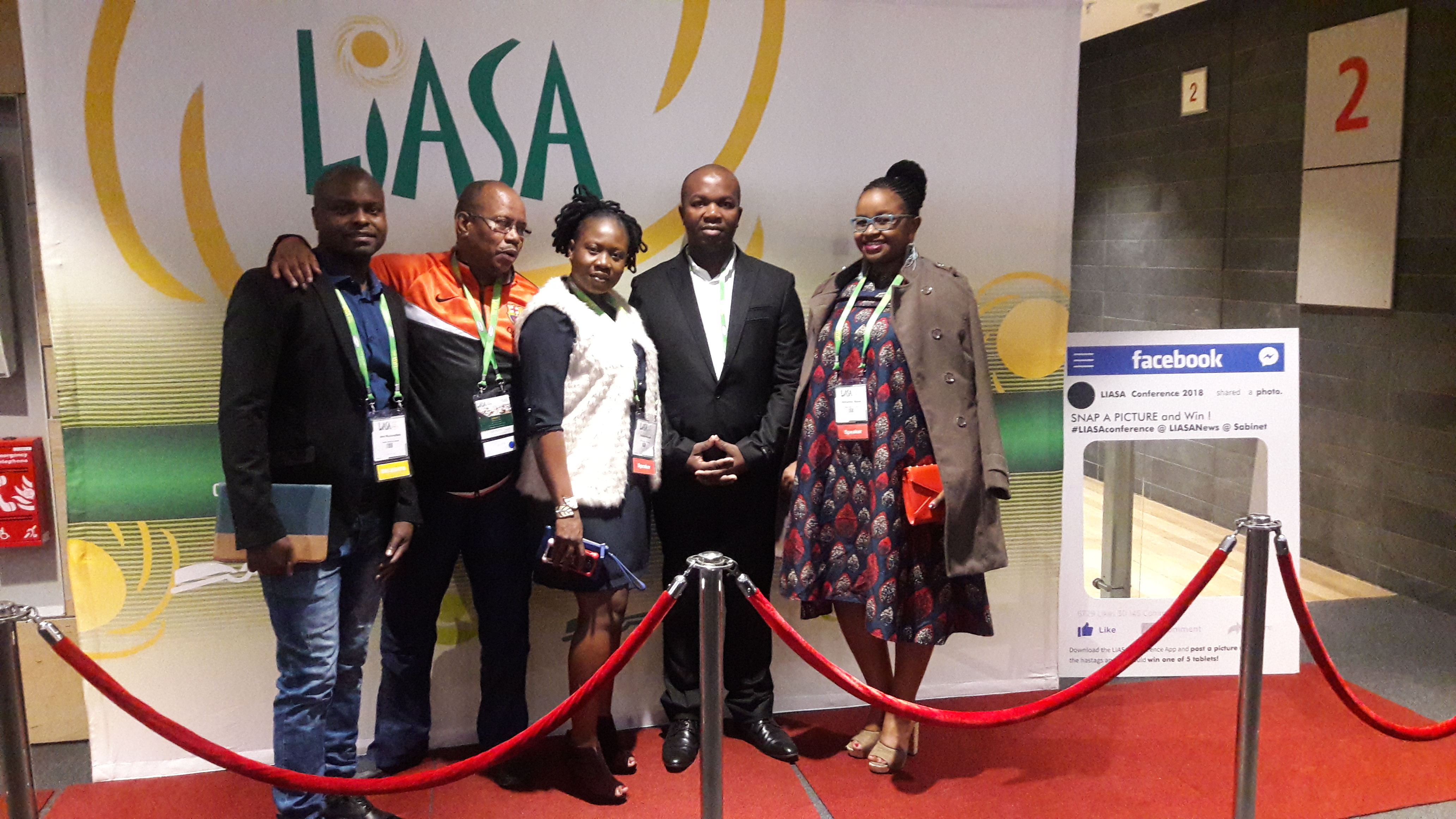
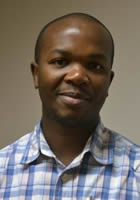 There was a feeling of great honour and pride when Siviwe Bangani, Manager for Information Services (Mafikeng), was announced as LIASA Librarian of the Year for 2018.
There was a feeling of great honour and pride when Siviwe Bangani, Manager for Information Services (Mafikeng), was announced as LIASA Librarian of the Year for 2018.
